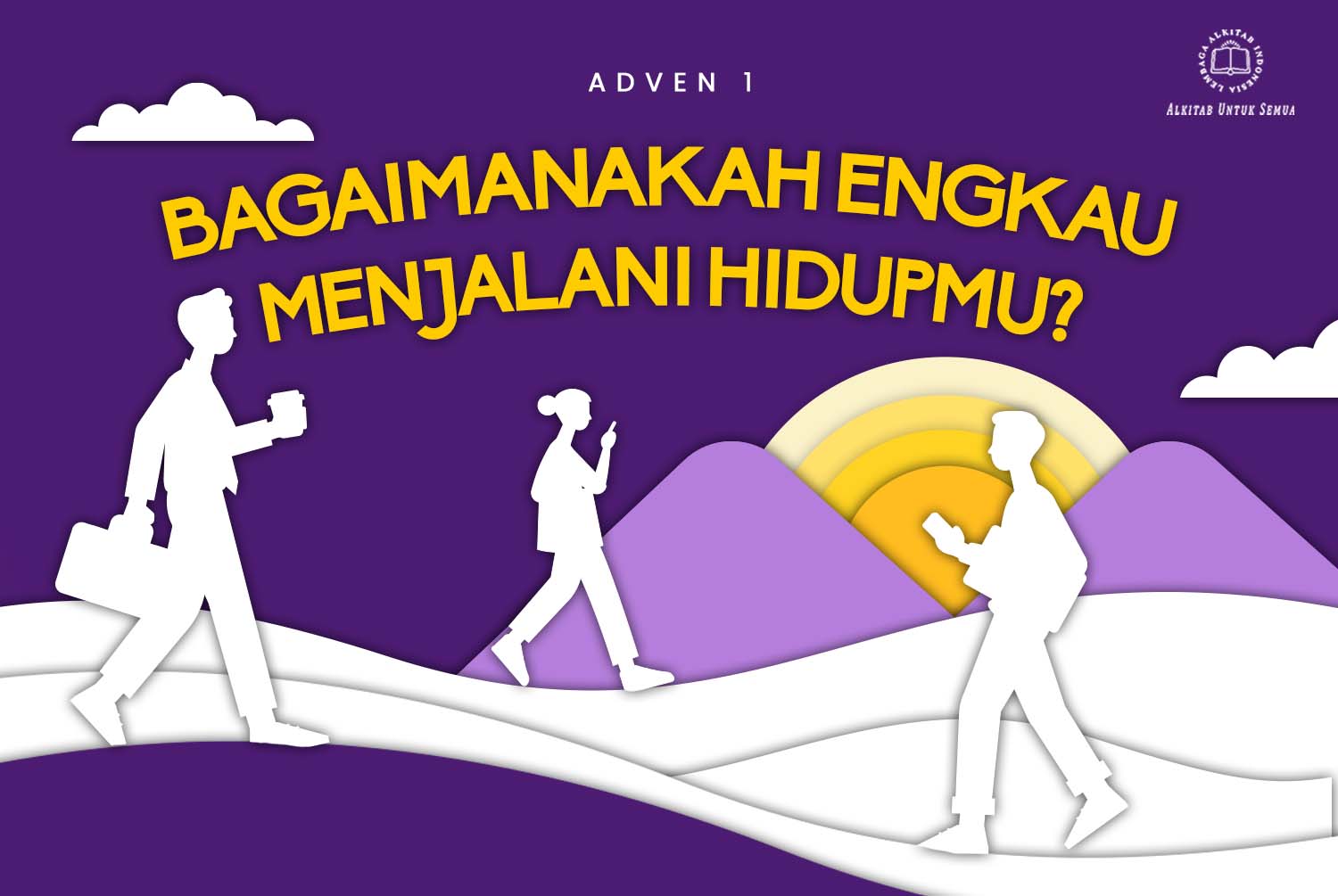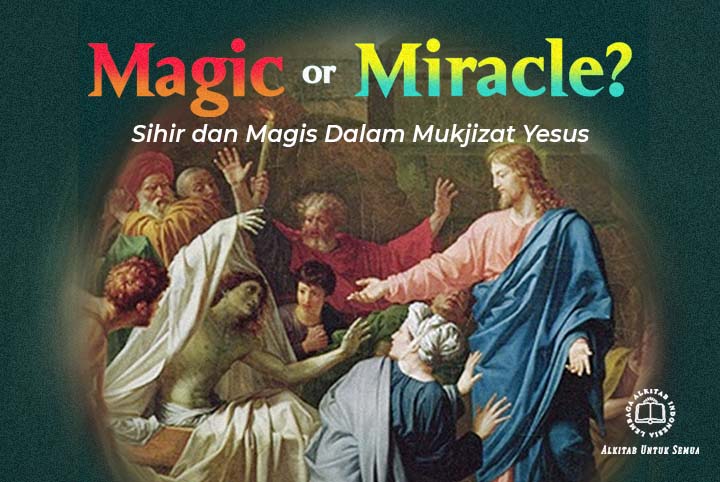Bible Seminar | Rev. Dr. Mesakh A.P. Dethan, M.Th, MA
The question “Where is God when people suffer? ” continues to resonate throughout the history of mankind. From natural disasters, pandemics, wars, to human trafficking and structural injustice. In the context of Indonesia, which is disaster-prone, rich in socio-political dynamics, and continues to struggle with humanitarian issues such as poverty and trafficking, this question becomes a real struggle of the people, not just a theory. The church is called not only to provide theological answers, but to bring real action. It must not stop as a responder that appears after a disaster, but is called to be a transformer that proactively prevents suffering, builds mitigation systems, and forms a more just social structure. In the context of NTT, for example, the tragedy of non-procedural TKI/TKW returning as corpses calls the church not only to bury them with honor, but to prevent such tragedies through education, advocacy, and collaborative networking. It is also not taboo for the church to talk about politics; it must speak out pedagogically and prophetically. Educate people to do politics with integrity and reject exploitation, including economic policies or practices that undermine human dignity and the environment. As David Bosch reminds us, the church must live in the "creative tension between text and context," while Walter Brueggemann emphasizes the church's task of presenting an alternative imagination of a just and hopeful world order.
Incarnation: God's entry into wounded reality
The New Testament provides a powerful biblical framework for understanding God's presence in the midst of a hurting world. John 1:14 states that the Word became flesh and dwelt (ἐσκήνωσεν – eskenōsen: camping) among us. The term eskenōsen indicates that God places Himself in the midst of human life, not from a distance but "pitching a tent" in a fragile and wounded world. N. T. Wright interprets the incarnation as a declaration that God does not observe suffering from a distance, but experiences it directly; Richard Bauckham asserts that the incarnation is the most radical revelation of God. God is therefore present not only in the history of Israel, but in every struggling region of the world: in NTT, Palestine, Ukraine, in places beset by ecological and social catastrophe.
Cross: God who suffers
The witness of the incarnation culminates in the event of the cross. In Mark 15:33-39, Jesus' cry "My God, my God, why have you forsaken me?" reveals God's deepest solidarity with human suffering. Jurgen Moltmann emphatically states that through the cross, God not only knows human suffering, but He Himself enters into that suffering. Fleming Rutledge adds that the cross is the intersection of God's justice and love: God bears the evil of the world to redeem it. The cross does not mask the reality of suffering, but rather reveals that God is not sterile from hurt; God hurts with humanity.
The Holy Spirit: The sustaining God in the midst of the world's grievances
The New Testament also shows that God's presence continues through the Holy Spirit. In Romans 8:22 & 27, the whole creation is described as a body groaning in labor pains. The Holy Spirit is present as the parakletos, the Helper who sustains the people in spiritual and emotional exhaustion, even praying with "unspoken complaints." Susan Eastman calls the Holy Spirit God's active participation in suffering, while Amos Yong emphasizes the Spirit's role in transforming the world, not just comforting. The Holy Spirit provides moral energy, courage, and resilience to deal with overwhelming situations.
Escatological Hope: Disaster is not the last word
The entire New Testament narrative moves towards a real eschatological hope. Revelation 21:1 & 5 announces cosmic renewal: God will remove all weeping, replacing the old world of sorrow with all things new. Craig Koester states that this hope is not an escape from reality, but rather the courage to keep living and working in a hurting world, knowing that suffering does not have the last word. Elizabeth Johnson calls eschatological hope a spiritual rebellion against despair and as moral energy for the church to continue fighting against injustice and adversity.
The Church: The solider body of Christ in the world
The role of the church is very important in presenting the presence of God. Paul in 1 Corinthians 12:26 affirms that when one member suffers, the whole body suffers with it. Solidarity is an identity, not an optional extra. Michael Gorman calls Christian ethics cruciformity (ethics shaped by the cross), while Leonardo Boff emphasizes that the church must go down the path of suffering as a sign of God's presence. A concrete example can be seen in GMIT's response to the Lewotobi Male eruption disaster, where the church was present not only in the form of aid but as an agent of hope and recovery. This shows that the church is a tremendous social capital for the Indonesian nation.
A church that presents God in a hurting world
Finally, the New Testament does not provide a simplistic answer to the question of suffering. But it does provide a presence: God incarnate, God crucified, God working through the Holy Spirit, and God present through his church. Disasters and suffering are not evidence of God's absence; it is precisely in the spaces of hurt that God reveals himself and calls the church to bring his love, justice, and hope. Led by the Holy Spirit, the church is called to speak prophetically, live an active faith, safeguard justice, and build a peaceful and compassionate society. Thus, the church does not just talk about God, but truly presents God in the midst of a suffering world.

























